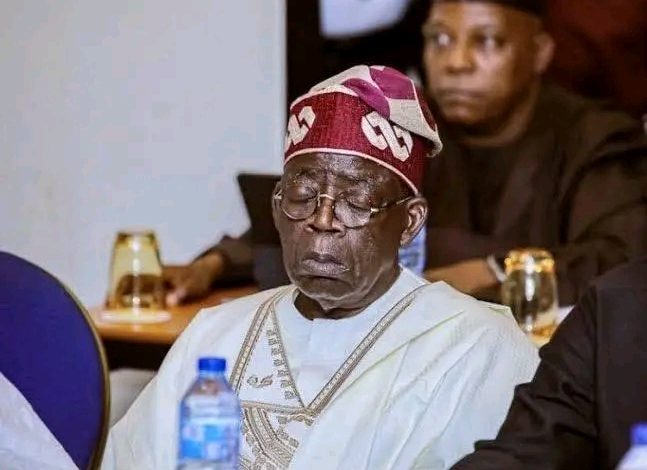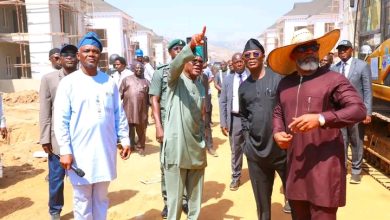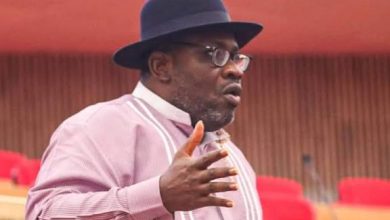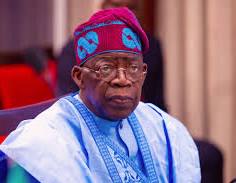
By Passman Akpos
A fresh wave of public debate has erupted following a strongly worded statement by social commentator Charles Ogbu, who accused the Nigerian government of enabling worsening insecurity by integrating so-called “repentant” terrorists into the military and failing to confront extremist groups with full force.
Ogbu, in a viral commentary circulating on social media, questioned the government’s long-standing deradicalization and reintegration programme for former fighters. He argued that placing rehabilitated individuals into the armed forces had created deep security vulnerabilities and could be aiding ongoing ambushes against troops.
According to his claims, integrating former insurgents into active military units means that sensitive operational plans, troop movements, rescue communications, and attack strategies may be exposed to their former allies. He cited the death of a senior officer, Brigadier General Dzarma Zirkusu, whose last communication reportedly included location details, asking why insurgents consistently appeared to know troop positions ahead of time.
“Why are we asking how terrorists were able to get to the exact position of the General after he communicated for rescue?” Ogbu asked, insisting that the pattern of ambushes suggests insider compromise.
He further referenced former U.S. President Donald Trump’s remarks about Nigeria’s insecurity, interpreting Trump’s phrasing—“If the Nigerian government continues to allow…”—as an indication of deliberate inaction at the highest levels of power.
In his commentary, Ogbu accused the federal government of “romancing the truth,” alleging—without evidence—that political deals between past and current administrations and the sponsors of extremist groups were shaping security outcomes. He claimed President Bola Tinubu inherited and continued policies that, in his view, embolden armed groups.
“Ask yourself, how can a Brigadier General be killed by terrorists operating from a known location and you don’t hear the Air Force bombarding those locations?” he asked.
Ogbu warned that the armed forces may eventually confront this crisis internally if losses continue unchecked. “When the Defence Headquarters is tired of losing their men to government-sponsored terrorists, they know what to do,” he wrote, adding that frontline soldiers “know what to do” if leadership fails.
The federal government has not responded to these latest allegations. Security agencies have consistently defended rehabilitation programmes as a global best practice aimed at reducing long-term radicalization and weakening extremist recruitment.
However, Ogbu’s commentary has reignited national discussions about the integrity of military operations, the effectiveness of deradicalization initiatives, and the broader political handling of Nigeria’s security crisis.
As public frustration grows, he warned that, “this winter is coming for all of us, military and civilian alike, and that is why we must speak out.”





